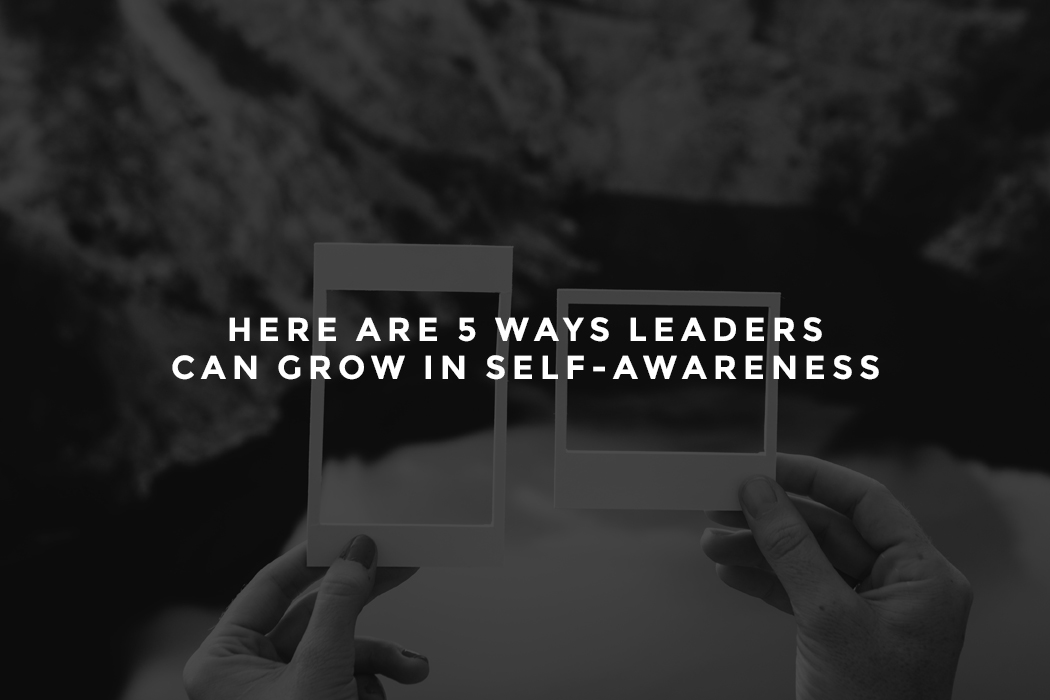Did you know without self-awareness, a leader is stuck? In fact, the biggest hindrance to a leader’s development is not intelligence or work ethic but a lack of self-awareness. While self-awareness helps us understand what areas of leadership need focus and development, knowing ourselves is something we struggle with. We all have blind spots, areas of struggle we are challenged to see in ourselves. So how can leaders grow in self-awareness
1. Seek honest friends.
There are people who will only flatter you, and then there are friends who will tell you the truth. Actually, the Bible calls people who only shower you with excessive affection your enemies (Proverbs 27:6). They don’t want what is best for you or care for your development. Friends, however, offer both encouragement and correction. If you don’t have friends who tell you the truth, your blind spots remain hidden.
2. Get a coach or counselor.
Find someone with whom you can evaluate aspects of your leadership or craft. I meet with a coach once a month and have found the objective insight and instruction very helpful. I also have leaders, Thom Rainer and Brad Waggoner, who provide coaching and counsel. I have learned of areas in my life and leadership that need correction and focused development. Have someone in your life that views themselves as having the authority to provide coaching and accountability.
3. Keep asking for feedback.
Many leaders struggle to give feedback, which sadly means many people rarely receive feedback. Make it easy for your leader to give feedback by asking for it. Not in general but in something specific. Ask for feedback in a presentation, how you lead a meeting or a recent decision. Keep asking. It will help you become more self-aware.
4. Don’t be defensive when you get feedback.
If you get defensive to feedback, you will shut it down and stifle your development.
5. Look to the Lord, not yourself.
People often speak of “finding themselves.” People switch homes, end relationships, change careers, and take off on long journeys in attempts to “find themselves.” C.S. Lewis wrote, “Your real, new self (which is Christ’s and also yours, and yours just because it is His) will not come as long as you are looking for it. It will come when you are looking for Him.” Ultimately, self-awareness comes from looking to the Lord, not to ourselves. When we see God’s great holiness and grace, we better understand who we are. We understand we are broken and in need of His grace and are also loved recipients of His grace.
G.K. Beale wrote, “What we revere is what we resemble, either for ruin or restoration.” If we look to the Lord and revere Him, we become more like Him—more like our real selves, the people we have been created to be.


